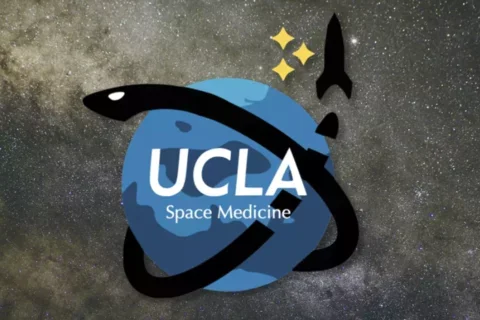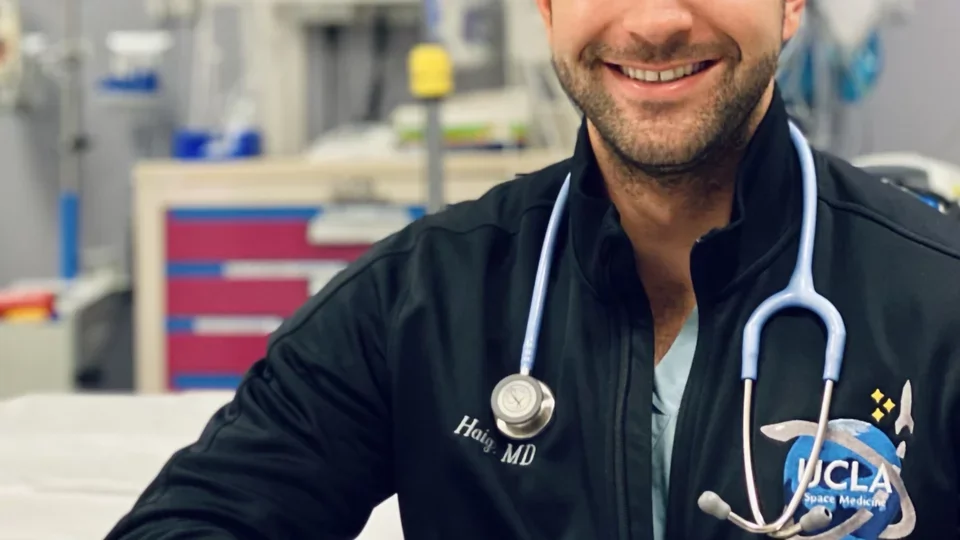UCLA Space Medicine Fellowship program aims to prepare next generation of flight surgeons

The first of its kind in the U.S. and newly launched, the UCLA Space Medicine Fellowship aims to develop the next generation of flight surgeons who will support the health, safety, and well-being of human space flight and planetary expeditions.

The two-year program will include rotations at SpaceX and a specialized engineering curriculum with the California Institute of Technology (Caltech) and NASA’s Jet Propulsion Laboratory (JPL), which is managed by Caltech. Under UCLA, fellows will train in biomechanical engineering with the UCLA Samueli School of Engineering, undergo austere medical training in a polar climate, participate in Mars analog missions in Utah and conduct research with the Exploration Medical Capability Element of NASA’s Human Research Program. The fellowship includes opportunities with other partnering agencies, such as the University of Colorado’s Aerospace Engineering and Wilderness Medicine programs, as well as those within the aerospace industry. Fellows will also broaden their medical capabilities through surgical rotations and toxicology courses while also continuing their clinical practice as an attending in the emergency department.
“We are excited to be joining forces with Caltech, JPL and SpaceX to prepare future flight surgeons to deal with the unique medical challenges posed for people in space and the effects of space travel on the human body in this quickly growing field,” said Dr. Jo Feldman, director of the fellowship. “Our alliance with these industry leaders will pave the way for deepening understanding and knowledge of how to keep astronauts and space travelers safe, both in-flight and during their missions,” Feldman added.
The two-year program begins in July 2022, with its inaugural fellow Dr. Haig Aintablian, who recently completed his emergency medicine residency at the David Geffen School of Medicine at UCLA. Applications for subsequent years will begin in November 2022 and be open to graduates of four-year ACGME/OGME accredited Emergency Medicine residencies who are eligible for a California medical license.
“It’s an incredible honor to be the first fellow to participate in this program and reach my goal of becoming a flight surgeon,” said Aintablian.
During the fellowship, the one-month Mars analog mission will simulate the rock formations on a Martian surface in Utah and will also recreate the health risks faced in that environment. Similarly, fellows will do a rotation in a polar climate that will enable them to experience sub-zero environments and how the body withstands changes in pressure in that terrain, creating an isolated environment where access to resources is limited.
“With deep space travel on the not-so-distant horizon, UCLA’s space medicine program is timely. Our fellows will have the necessary skills to help astronauts and passengers manage the effects of space travel on human physiology, and to maintain their health away from Earth,” said Dr. Greg Hendey, Chair of UCLA Emergency Medicine.



